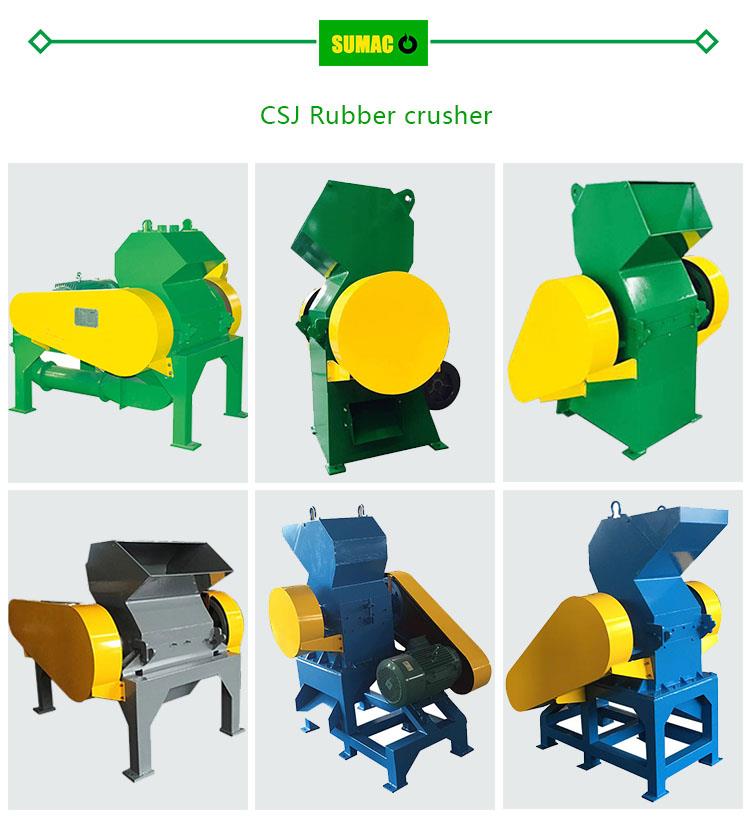The growth basis of tung tree is soil, and the soil bulk density has a great influence on its life span and yield in the range of suitable survival. Therefore, research and understanding of the relationship between soil bulk density and growth and seed setting of Aleurites fordii, as well as the development of technical measures for soil management of Aleurites fordii in order to lay a good soil environment for the high yield of Aleurites fordii in order to realize the high yield and stable yield of Aleurites fordii, are of great significance. The Soil Bulk Densitometer can measure the soil bulk density and provide convenience for related research.
Determination of Soil Bulk Density: A ring knife method was used. Sampling method, each piece of standard points in accordance with the triangle, dig three sections, the face placed in the crown projection from the trunk two-thirds, 0 to 20-40 cm to take the soil, each layer repeated three times. A total of 720 soil samples were taken for indoor drying and weighing. .01 grams, the average absolute error <. .03/cm "takes its arithmetic mean.
The difference in bulk density of Shanghae has a significant impact on the level of tung oil production. In the case of tung oil cultivars, tree age, density, slope, aspect, slope position and the same soil type, the unit area yield of tung oil tree decreased with increasing soil bulk density. For example, the standard soil volume of the No. 1 standard is 1.253 g/cm, producing 333,99 kg of fresh fruit per acre, and the yield per square meter of canopy is .72 kg, and the standard soil volume of No. 34 is 1.70 g/cm. The yield per mu is only 61. 1 kg. The canopy area per square meter is only 158 kg. The soil bulk density of the latter is 0.45 g/cm larger than the former, and its yield is 278.9 kg less than the former, and the crown width per square meter is reduced. For .57 kg, it can be seen that the soil bulk density has a great influence on the output of tung tree.
The determination of soil bulk density showed that the soil bulk density is an important physical quantity of soil physics and chemistry. It can reflect the soil pore status and porosity, and is an indicator of soil tightness. The bulk density of soil is affected by soil texture, soil structure and soil organic matter content. Different soil parent rocks and soil types have different effects on bulk density. In sandy loam areas where argillaceous shale is differentiated, the tung oil forest land should use loose soil with a soil bulk density of less than 1.4. Soil bulk density is small, soil is loose and fertile, organic matter content is high, porosity is large, and water permeability, water retention, and fertilizer retention performance are enhanced. The conflicts between water, fertilizer, gas and heat have been resolved. This good soil environment is conducive to the growth and development of the tung tree root system. The strong root system, especially the increase in the number of roots and the distribution range, can absorb a large amount of nutrients and water from the upper soil, and synthesize various organic materials for the needs of the upper part of the oil-tung forest to grow and be strong. “The roots are deep and leafy. More fruit." The relationship between the aerial part of the tung oil tree and the underground part not only promotes each other, but also restricts each other. Under normal circumstances, it maintains a relative dynamic balance. Therefore, in the soil with small bulk density, tung tree grows vigorously and yields high. If the capacity is large, the clay has heavy build-up, poor structure, poor permeability, air permeability, and fertilizer retention, and the contradiction between water, fertilizer, and gas cannot be solved in a coordinated manner. The growth of A. quinquefolia is blocked, and the root quality and root volume are reduced. The functions of absorption, differentiation, transduction, and synthesis are reduced, and the water and mineral nutrients required for growth and development of the aerial parts of oil tung tree are reduced, resulting in poor growth and low yield of tung tree.
Wechat scans, information is known! : 
Rubber Crusher is suitable for pharmacy, chemical, food, rubber and construction industry.
Rubber Coarse Crusher is horizontal type machine, small cubage, low wastage, high capacity, easy operation, easy wash and maintenance.
The Rubber Granulator Machine is composed of frame, motor, assistant drive plate, blade, screener, feed room and so on.
When the materials go to the crushing room, the eight moving knives and four fixed cutting the materials at the same time till the material's size could through the screener, the big material would be cutted again and again till the size is ok.
If you want the Tyre Rubber Crusher Machinery, contact with us freely!

Rubber Crusher,Rubber Coarse Crusher,Rubber Granulator Machine,Tyre Rubber Crusher Machinery
SUMAC AUTO RECYCLING EQUIPMENT CO., LTD , https://www.autorecyclingchina.com
